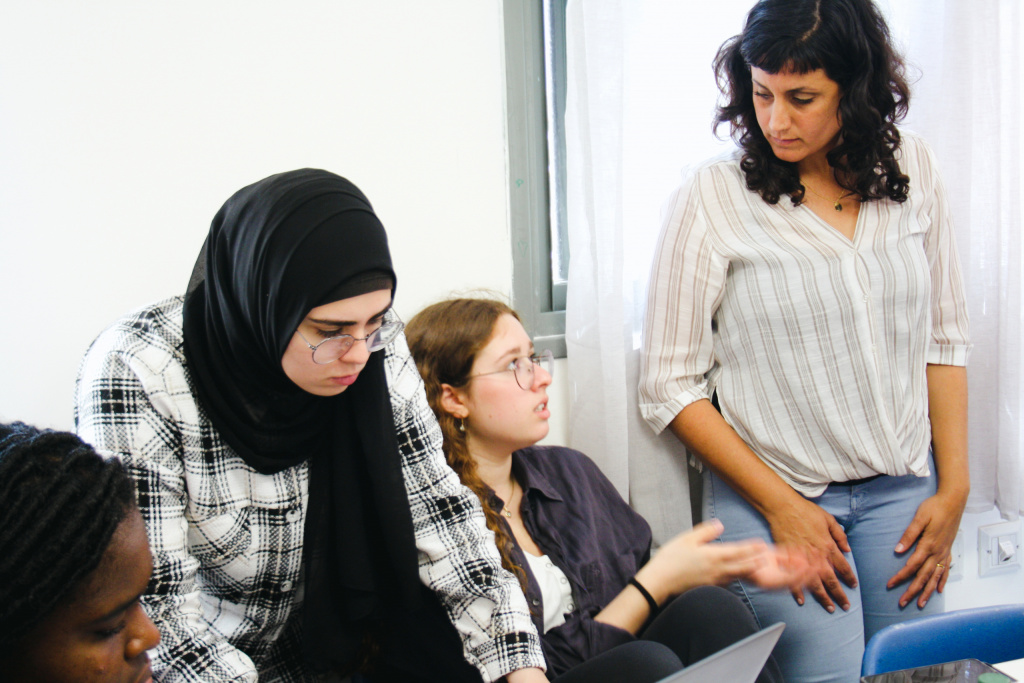
Student Voice and the dangers of tokenism
The idea of student voice is embedded in recent educational philosophy, yet there seems to be little sense that student voice might be relevant for the professional development of school staff. Our experience at the Royal Latin School suggests that not only can student voice provide a new and energising way to develop school policy, but that it can radically improve professional practice. To do this, though, means that you may have to push past your comfort zone--and that of the students concerned--to discover ‘authentic pupil voice that has bite’.1
Since 2014, Government advice is that schools are obliged ‘to provide opportunities for pupils to be consulted on matters affecting them or contribute to decision-making in the school’. The OFSTED ‘Pupil Voice’ questionnaire is dismayingly bland: statements to evaluate include ‘I enjoy school’, ‘Teachers help me to do my best’, ‘My teachers give me work that challenges me’, and ‘I enjoy learning at this school’. Questions about bullying are confined to asking if bullying is dealt with well by staff, and if students feel safe. Rather than showing that students are ‘consulted on matters affecting them’ or ‘contribute to decision-making’, such questions seem to imply that they are people who are ‘done to’, well or badly, not people who are active agents.
This kind of passivity is reflected elsewhere. Research suggests that student councils can be unrepresentative, and it is rare that they are consulted at a strategic level or seen as a vehicle for change. 2 The Student Council at the Royal Latin School (RLS) was no exception. Meetings were infrequent, attendance was poor, and typical discussions centred around the quality of canteen food. Students complained that they didn’t often see the results of what they had discussed; there was a strong sense of a missed opportunity, and a very quiet voice.
Lockdown reminded us how important it was for us to listen to our students. Relationships in school are relatively easy to maintain when you see students several times a day in passing. Suddenly, except for our most vulnerable students and those whose parents were key workers, we were seeing students only on-screen. We wanted to engage with them, and so online systems became our route into improving student voice.